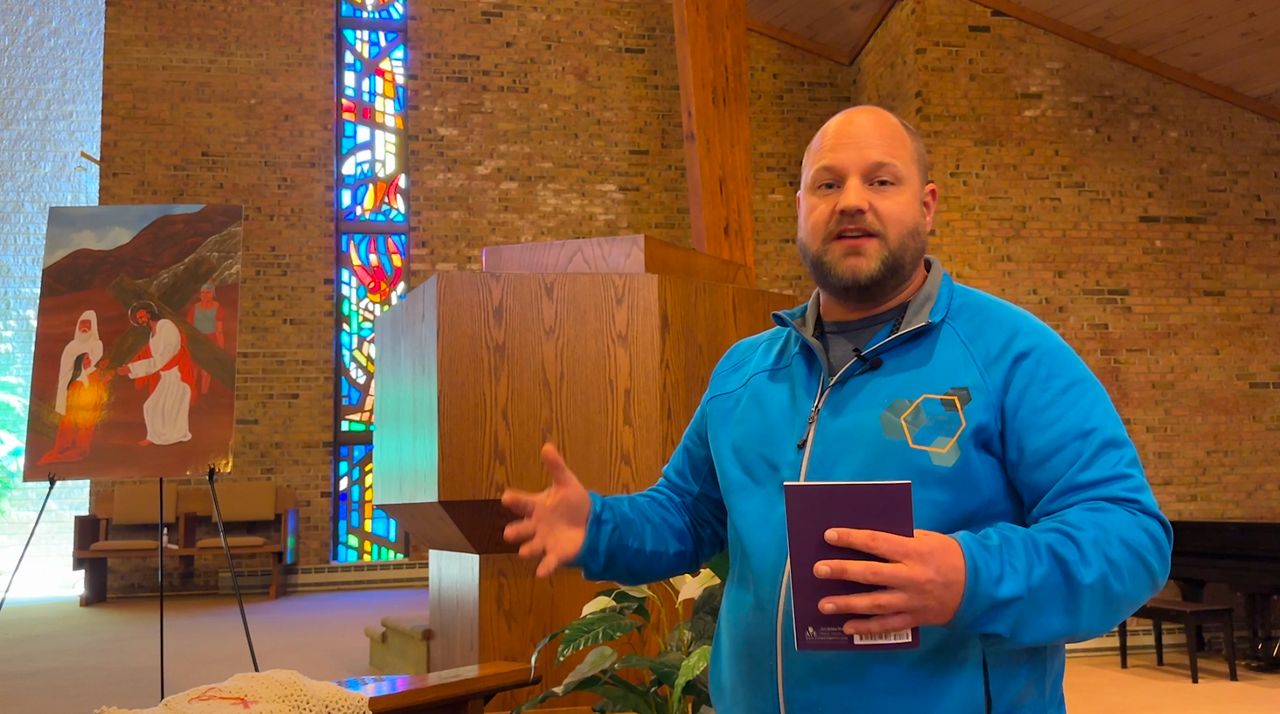AKRON, Ohio — Tensions rose between council members and residents at Akron City Council's meeting earlier in December.
Council president Margo Sommerville had the Akron police escort all residents out of chambers and wait in the hallway.
“What we are going to do at this time we are actually ask our police officers to clear the chambers so we can continue with business,” Margo said to the residents in the council chambers.
Council then continued with a closed door meeting, and a menacing bill was passed 12-1, introduced by councilman Brad McKitrick.
“You’ve seen what happened to Nancy Pelosi’s husband,” McKitrick said. “You know at what point do we be pro-active instead of reactive when something comes, so that was the reasoning.”
The legislation will increase the penalty for menacing of public employees and utility workers to a first degree misdemeanor and a mandatory three-day jail sentence.
“We’ve had a lot of issues with the city itself, with some protesting and so-on,” McKitrick said. “On some occasions we have had some people protesting wearing black tactical gear, with masks on and carrying long rifles, like assault style weapons, and to me that is an intimidation factor.”
Regarding menacing, the state of Ohio said “no person shall knowingly cause another to believe that the offender will cause physical harm to the person or property of the other person, the other person's unborn, or a member of the other person's immediate family.”
Ben Gifford is an activist in Akron who said he has concerns about the menacing bill.
He was out in the hall when this legislation was passed.
“It almost felt like a direct response, I know it wasn’t,” Gifford said. “It almost felt like they said right now we need to put stronger measures in place to punish people more and it just felt really, not transparent.”
Gifford said he does not believe that this bill will change activism in Akron and believes most protesters have been non-violent.
“We are not threatening violence to them," he said. "We are not really trying to make them feel threatened other than the fact that you maybe should feel bad if you are doing a bad job and lose your seat come election time.”
Gifford hopes city officials will change the way they interact with their community.
“So many of the problems in our city, and elsewhere, rather than being solved with incarceration and police force, could be solved with better funding to schools, better community programs, better community outreach programs,” he said.







